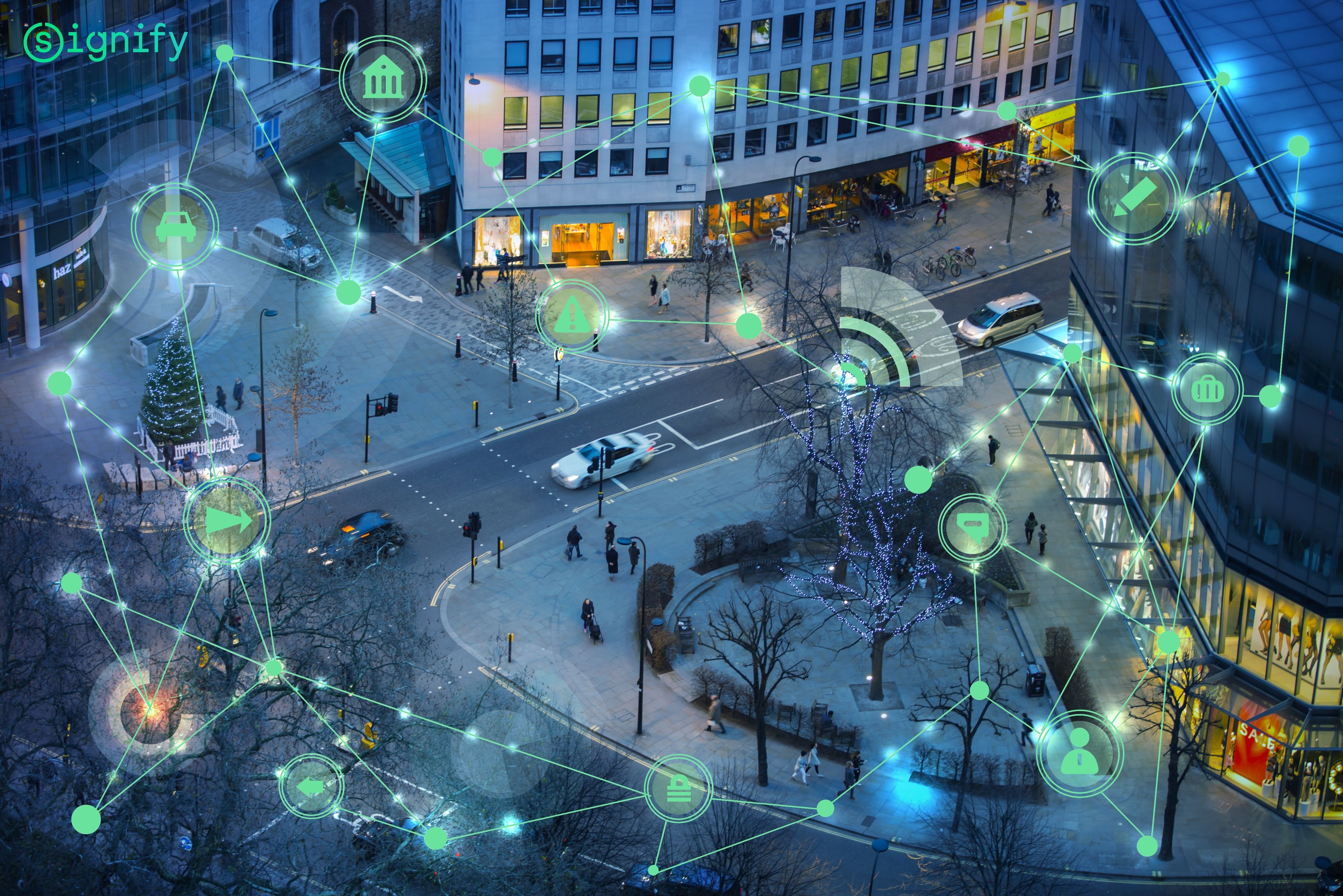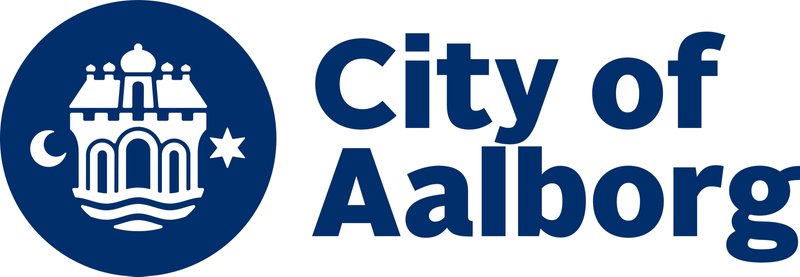Berlin is growing - and with the growth the demands on the densely populated city are increasing. More people not only mean more need for living space, but also an increasing need for services such as energy, water and heat supply, waste disposal or health care. At the same time, Berlin wants to adapt its urban infrastructure to climate change and promote innovative solutions to conflicts of use.
The challenge: Existing systems are reaching their limits. Whether logistics, local public transport, gastronomy, tourism or social services, all areas must grow and develop with you. We need innovative approaches (high and low tech) and, above all, test rooms in order to break new ground and meet the requirements of a modern metropolis with all its players.
This is exactly where the IHK Berlin comes in and has set itself the goal of creating a special test room that is typical of numerous streets in the capital. On the initiative of the chamber, a real-world laboratory for urban innovations is being built on Fasanenstrasse between Kantstrasse and Hardenbergstrasse. The Charlottenburg-Wilmersdorf district also supports the challenge and makes public spaces available.
The core idea: areas on and on the street are used to test innovative solutions. The district's streets, the IHK's own outdoor areas and the Ludwig Erhard House are the area of the first challenge. Join now!
Compensation for expenses: An expert jury selects up to three projects from the submitted proposals. In the first step, they each receive a flat rate of 1,500 euros. A total of 180,000 euros is available across projects for the subsequent implementation.
Question
Despite municipal zero-waste goals, the amount of residual waste per capita in large cities remains high, while recycling rates are at a high level. In Berlin, in 2024, 220 kg of residual waste per person would be recycled into energy annually. In addition, the amount of household waste and packaging waste from industry and commerce has increased in recent years, which creates additional demand for recycling capacity.
Construction waste dominates the overall volume and complicates the transition to a functioning circular economy. At the same time, the public disposal infrastructure in densely populated areas is inadequate, which makes disposal difficult. In addition, there are growing amounts of illegally dumped waste, especially in green areas, the disposal of which ties up considerable resources.
All of these challenges require integrated solution strategies that combine waste prevention, better circulation and collection systems, consistent recycling and effective anti-litter measures to make cities cleaner and more sustainable.
Question:
Which solutions reduce waste and strengthen the circular economy in Berlin?
Desired result
We are looking for innovative and practical (digital) solutions in the areas of waste avoidance, collection and recycling that are about to be implemented. The concepts should be developed to such an extent that they can be integrated as solutions in public space as part of an urban real laboratory.
Scalable approaches that reduce residual waste, increase recycling rates, return construction waste to cycles, use the public waste disposal infrastructure more efficiently and sustainably prevent illegal waste dumping are particularly in demand. Solutions should combine ecological impact with high suitability for everyday use and have the potential to quickly establish themselves in other large cities.
Call for Submissions
The "100m Future Challenge" is being launched for the first time, targeting startups, companies, municipal actors and businesses, civil society initiatives, social enterprises, and research teams developing promising urban innovations for the "City of Tomorrow" in Berlin.
Further information about the entire challenge process can be found on our project website.
Participants in the challenge process will become part of a developing annual forum for economic impulses and sustainable urban development.
Submission deadline: November 30, 2025
Benefits for participants at a glance:
Impact of the Challenge
The "100 Meter Future – Challenge" aims to achieve the following:
Challenge Benefits and Project Timeline
The "100 Meter Future Challenge" will be launched for the first time in 2025 and is designed as a two-stage process. In the first stage, solutions will be pre-selected. In the second stage, these pre-selected solutions will be matched and spatially placed. Experts from the IHK and project partners will support the implementation and qualification of measures to ensure successful realization on Fasanenstraße in 2026.
Innovation Process Timeline
Stage One:
After the challenge concludes at the KOINNOvationsplatz, stage two begins:

We are looking for solutions that enhance overall urban security and strengthen business vitality by integrating multiple data sources, leveraging advanced analytics and AI methods, and actively engaging both residents and businesses. To improve safety and the business environment, we seek solutions that: Collect and analyze data from various sources, such as sensors, pedestrian and traffic flows, crime statistics, and other urban environment metrics. Detect anomalies and anticipate risks, such as potential safety threats, disruptions, or patterns related to crime and public disturbances. Actively engage local businesses and residents to ensure the solutions provide value to different user groups and support sustainable urban development.

There are dramatic changes in the demographic development concerning the number of senior citizens in our societies. Increased life expectancy and lower birth rates are the main factors driving the development of the ageing population where the share of older age groups are increasing – not at least those groups of who are in the most need of long-term health care and practical help. The ageing population, combined with the vastly improved treatment of diseases like diabetes and cancer, dramatically increases, furthermore, the number of Danes living with one or more chronic diseases. Finally, does the demographic development also influence, of course, the size of the labour force; that is, the labor market challenge is that the labor force is declining relative to the number of children and senior citizens, pointing to a tighter labor market. Therefore, are issues of availability of labor and recruitment problems at the forefront of the Danish labor market discussions.